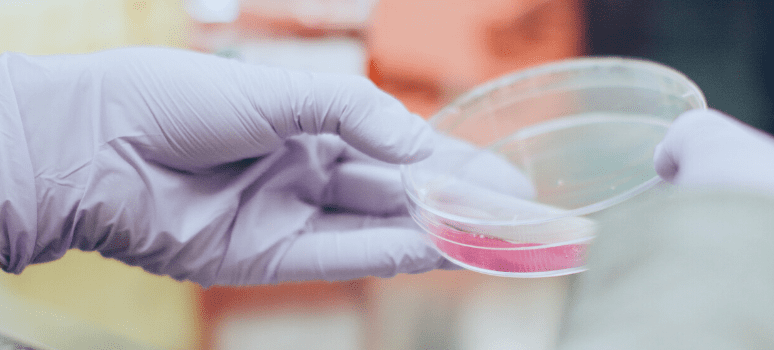
The covid-19 tests are so far the most valuable tool for managing infection by this virus that has generated a worldwide pandemic. But do we know which tests are the most effective since we have had a risk situation?
The SARS-CoV-2 coronavirus is a highly contagious virus that causes Covid-19 disease. It may take at least 14 to 15 days from the time it is contracted until it disappears from the body, but the different phases may overlap or change depending on the characteristics of the infected person or the viral load.
The effectiveness of covid-19 tests depends on the timing, sensitivity and specificity of the tests. That is, their ability to give reliable results (no false negatives) and to detect the specific substance for which they are designed (proteins or DNA residues, in the case of SARS-CoV-2, and in the case of SARS-CoV-2, DNA residues).
Stages of SARS-CoV-2 evolution and the most effective tests at each stage
Day 0. Contagion
Days 0 to 3/4.
First days of infection - window period. There are no symptoms but it is possible to infect other people.
The most effective test in this first period is the rapid antigen test with sensitivity of 100%
Days 4 to 7.
Virus evolution. This is the incubation period and onset of the disease and could last up to 15 days. Symptoms begin to appear, with varying degrees of severity, as well as antibodies.
The PCR test is the recommended test as the most effective. In this period the antigen test becomes less effective.
Day 10.
Symptoms subside in people who have had mild to moderate symptoms and there is an increased development of antibodies, so there is immunity. However, it is recommended to stay at home for a period of 14 days even when there are no more symptoms, because the risk of infection is still present.
The PCR test, if in doubt due to symptomatology, is effective in these cases.
The rapid antibody test or the Elisa testwill tell us whether we have started to generate antibodies and in what quantity - differentiate between IgM and IgG, which will indicate whether the virus is present and how much immunity we are getting.
For people with very severe symptoms and have even been in intensive care, these periods are extended as their viral load is greater. In addition, recovery requires hospitalisation, which can last for weeks.
What types of tests detect Covid-19?
You can find extensive information about the tests we carry out at Biosalud Day Hospital on this website.
Antigen test. Effective in pre-symptomatic persons and in symptomatic persons during the first few days. Unless there has been contact with positives, this test is not recommended for asymptomatic persons unless they come from places with high incidence.
The rapidity with which the result of this test is obtained allows early isolation of the infected person, which is its main virtue.
The PCR test (Polymerase Chain Reaction) detects the presence of active disease. In other words, as long as a PCR is positive, there is a possibility of infection, even when there are no symptoms.
This is the most reliable test and the one recommended by the WHO. It detects the genetic material of the virus. If symptoms are present and this genetic material is not detected, another test is recommended after a few days.
The rapid antibody test is advisable to be performed from the seventh day after the symptoms are detected. This is the time from which two types of antibodies are generated: IgM with a positive result indicating that the infection is still present; IgG which can appear positive from day 14 from the onset of symptoms and indicates whether we have started to build up immunity.
Conventional ELISA test is a blood test that takes about 48 hours to give results. It is more reliable than the rapid test although it looks for the same thing, the presence of IgG or IgM in the body.
Only when we have IgG antibodies and the IgM result is negative can we say that we have overcome the virus. In any case, we must follow the health recommendations to return to a normal life and leave the confinement.

